
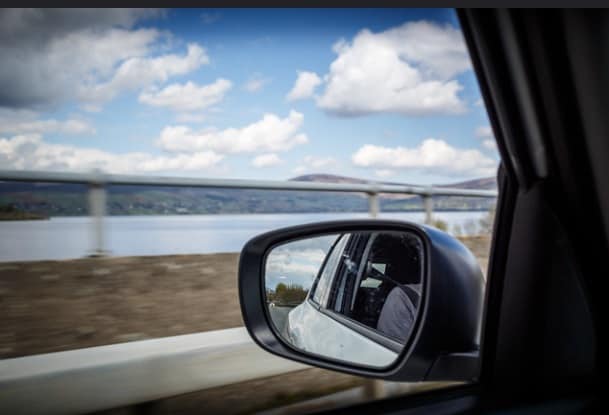
Local Travel Restrictions Have Eased
With travel restrictions lifted for regional South Australia, many of us have been eager to leave our homes and explore SA.
It’s a big beautiful state!
Spending time with family and friends, visiting our gorgeous regions or taking camping trips, whilst also giving local regional businesses some much needed support.
If you’re heading off on a day trip or a weekend getaway, you don’t want unexpected aches and pains to spoil your journey. No matter your size or age, long car trips can be uncomfortable.
Here are some tips that can help to reduce and avoid pain and discomfort whilst travelling in your car.
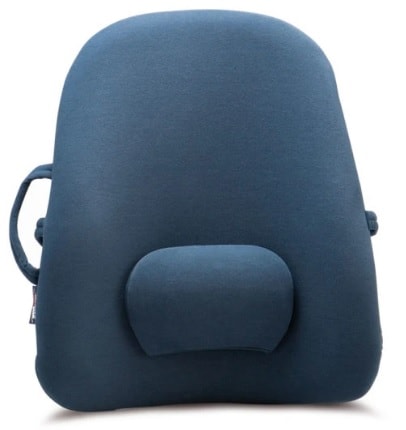
Obus Forme Back Supports
Set Up Your Car Seat
Before beginning your journey, take some time to set up your car.
As a Physio the way that I show people how to do this is to “make your seat fit you rather than compromising you to fit your seat”.
- The first thing to do is to sit your butt right back in your car seat. As far as you can. Your pelvis should be vertical. This is really important.
- Next adjust the seat in or out so that your feet can easily reach the pedal without having to move your bottom. If you drive an automatic try to resist letting that left leg flop out – place it on the footrest provided.
- Have a feel behind your back. You should have a forward curve here we call a lordosis – the same as when you’re standing. Your car may have an adjustable lumbar support you can roll in to fill up this space. If not you need to place something else there to keep it supported. Your local Core Physio and Pilates clinic stock a good range of lumbar supports – including McKenzie lumbar rolls, Obus forme back supports, Bassett back supports and more.
Come and try one.
Your Physio can also help you decide which is the best for you. You can also use a folded up towel, jumper or soft handbag.
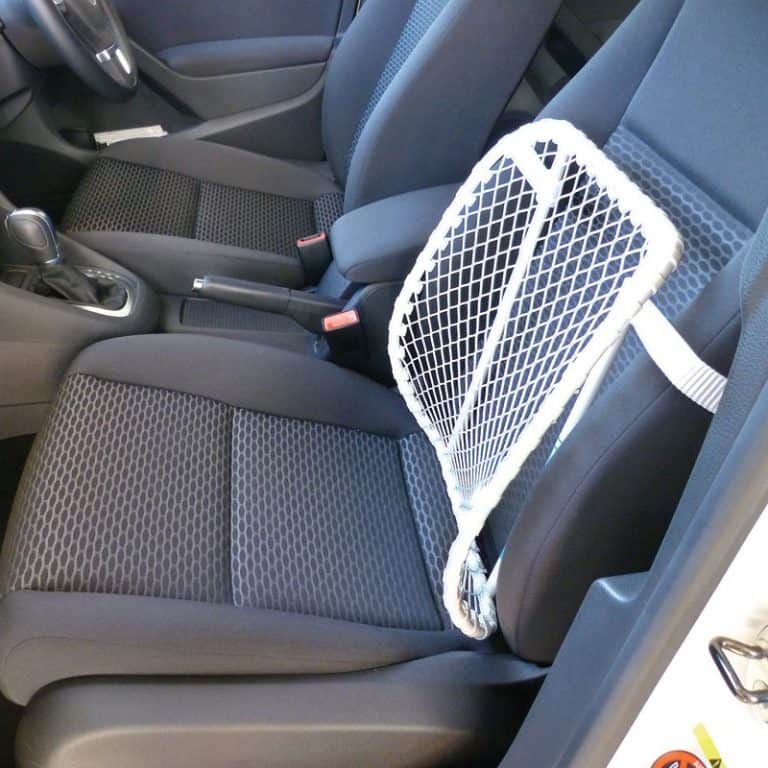
Basset Back Support
Adjust The Backrest Forwards
- Next you need to adjust the backrest forward or back so that holding the wheel you can adjust your seat so that it’s close to the steering wheel and you don’t have to lean out to reach it.
- Your elbows should be gently relaxed, the seat should be close enough that your shoulders and chin don’t have to roll forward – keep them back on the chair.
- Check the headrest – if it is pushing your head forwards this can cause neck pain, put it back so that your head can be over your body.
- If your seat is low and you can’t maintain your bottom back with your feet on the pedals placing a folded towel or a wedge shaped cushion can be helpful.
During your journey make regular adjustments to your seat’s position changing your posture, this takes pressure off of your spine reducing spinal pain.
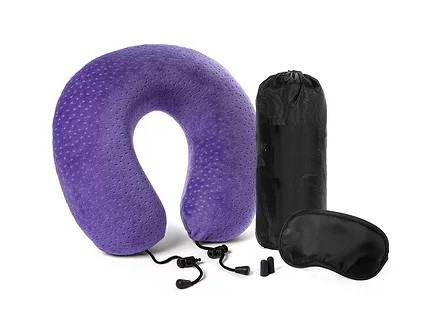
Neck Pillows
Neck pillows are lightweight and sometimes inflatable, fitting comfortably around your neck, offering support for the curves of your neck whilst you’re sitting for prolonged periods of time.
A neck pillow will help to prevent you from falling asleep in awkward postures and waking up at your destination with a painful neck.
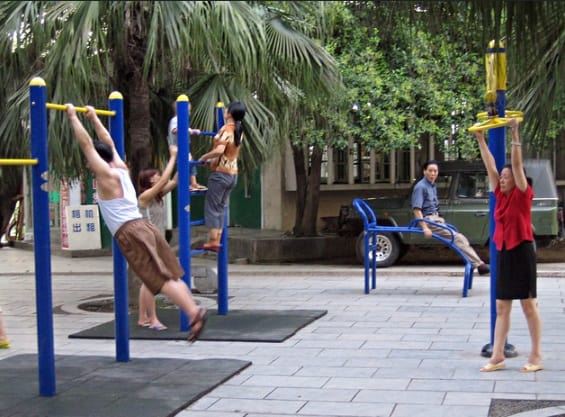
Move!
Sitting in the same posture for long periods of time causes tightness to the muscles of your back, putting stress on your spine.
It is important to try and move every 30 minutes if possible whilst you’re travelling.
Stop and walk around, visit a playground like the kids and stretch, swing and move. Small towns in regional SA will love to see you!
Movement increases blood flow to your muscles, preventing them from tightening and aching. It also stops the formation of blood clots and deep vein thrombosis (DVT). If you think that you’re at risk, please speak to your GP prior to travelling.
If you’d like some more information as to how you can avoid aches and pains whilst travelling in your car, you can make a booking with a Physio at one of our practices near you.
If you’re looking for a Physio near me, press the button that’s below to find a location near you.